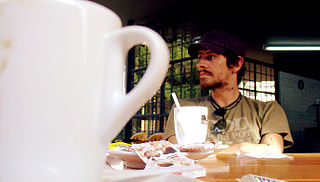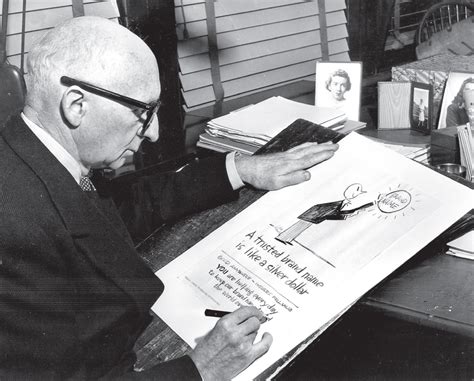Top 1200 Comic Strips Quotes & Sayings
Explore popular Comic Strips quotes.
Last updated on December 22, 2024.
My dream was to draw for 'The Beano.' When I was 10 years old, I started drawing cartoon strips with 'The Beano' in mind. I lived in that world. You own a comic, it's yours and adults don't understand it. You could pile them up under the bed, and if you were off school ill, you'd go through them all.
the true art of the gods is the comic. The comic is a condescension of the divine to the world of man; it is the sublime vision, which cannot be studied, but must ever be celestially granted. In the comic the gods see their own being reflected as in a mirror, and while the tragic poet is bound by strict laws, they will allow the comic artist a freedom as unlimited as their own.
My parents read the comics to me, and I fell in love with comic strips. I've collected them all of my life. I have a complete collection of all the "Buck Rogers" Sunday funnies and daily paper strips, I have all of "Prince Valiant" put away, all of "Tarzan," which appeared in the Sunday funnies in 1932 right on up through high school. So I've learned a lot from reading comics as a child.
Anorexia is a response to cultural images of the female body - waiflike, angular - that both capitulates to the ideal and also mocks it, strips away all the ancillary signs of sexuality, strips away breasts and hips and butt and leaves in their place a garish caricature, a cruel cartoon of flesh and bone.
I think the corporate world is pretty starved for personality. The reason you have comic strips like 'Dilbert' and sitcoms like 'The Office' is that people just can't be genuine human beings in a corporate environment. So if you can really be your own self, even if it's a little bit different, I think people are really drawn to that.
It's really a pity that there are observers who view political events like comic strips. There has to be a Zorro, there has to be a star. No, the problem of Upper Volta is more serious than that. It was a grave mistake to have looked for a man, a star, at all costs, to the point of creating one, that is, to the point of attributing the ownership of the event to captain Sankara, who must have been the brains, etc.
Saturday morning cartoons do that now, where they develop the toy and then draw the cartoon around it, and the result is the cartoon is a commercial for the toy and the toy is a commercial for the cartoon. The same thing's happening now in comic strips; it's just another way to get the competitive edge. You saturate all the different markets and allow each other to advertise the other, and it's the best of all possible worlds. You can see the financial incentive to work that way. I just think it's to the detriment of integrity in comic strip art.
I seemed to have instinctually a strong idea of how the strip had to be written from the beginning. That changed too, but it was more in the direction of where it was headed. I didn't have a clue as to the drawing style, because the drawing style that I was groomed on from the beginning was newspaper comic strips, which were much more conventional.
I think in daily newspapers, the way comic strips are treated, it's as if newspaper publishers are going out of their way to kill the medium. They're printing the comics so small that most strips are just talking heads, and if you look back at the glory days of comic strips, you can see that they were showcases for some of the best pop art ever to come out.















































